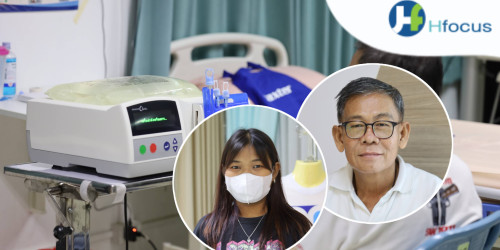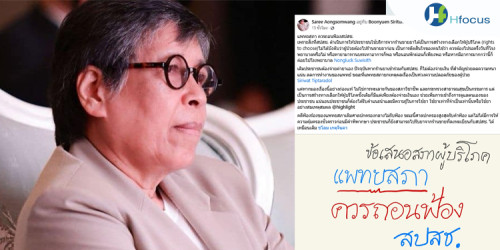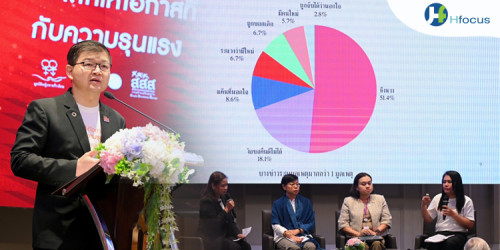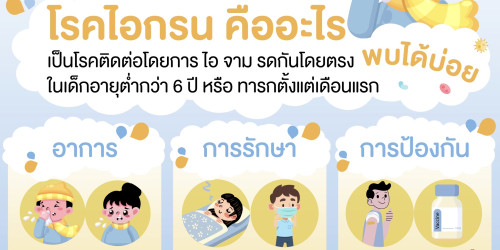The National Health Security Office's board will today study adding seven groups of drugs used to treat complex and rare diseases to the universal healthcare scheme that covers 48 million people.
The NHSO has succeeded in saving Bt8.17 billion over the past three years by negotiating drug prices with pharmaceutical companies. Its annual budget runs about Bt157 billion to provide medical treatment under the scheme.
The board meeting will be chaired by new Public Health Minister Pradith Sinthawanarong.
The complex and rare diseases include hypoplastic and haemolytic and renal anaemia, Gaucher syndrome type 1, methicillin-resistant Staphylococcus aureus (MRSA), HIV/Aids, non-small cell lung cancer at an advanced stage, and metastatic prostate and breast cancers.
The drug categories include antimicrobial drugs to treat MRSA, HIV drug Darunavir especially for those with resistance to antiretroviral drugs who can no longer use lopinavir and rotinavir, and Docetaxel to treat patients with non-small cell lung cancer at an advanced stage.
Antidote and neglected drugs to treat conditions such as supraventricular arrhythmia and intraoperative and postoperative tachycardia and hypertension will also be considered.
From 2010-12, the NHSO managed to reduce the prices for 80 life-saving drugs as part of its strategy to help its members gain access to inexpensive medications.
Dr.Winai Sawasdivorn, secretary-general of the NHSO, said the savings for erythropoiesis stimulating agent and haemodialysis solution alone amounted to Bt1.4 billion.
The NHSO also could talk healthcare providers into reducing expenses for medical products and services such as viral load tests, medical devices to treat osteoarthritic knees and stents - small mesh tubes used to repair narrow or weak arteries.
The government has been trying for years to limit the budget for its three healthcare schemes after finding that expenditures have been increasing for several years especially for civil servants. The government has spent Bt61 billion per year to provide treatment for the five million members of the Civil Servant Medical Benefit. About 1.8 million of them are civil servants and the rest are their families.
Last week, the Comptroller-General's Department strictly controlled the budget for medical reimbursements for civil servants, limiting the expenses for glucosamine sulphate, which is used to treat arthritis. The department found that there was no health benefit for patients taking this kind of drug.
The department is also planning to limit the expenses for eight illnesses and for outpatient services next year.
Source: The Nation 5 November 2012
- 3 views








